Mini apartments "lack" many things, such as management board, operating regulations, fire exits and fire prevention, according to National Assembly delegates, need to be strictly managed and not legalized.
"The standards and criteria for mini apartments, even their identification, are unclear and not regulated by law, causing confusion in management, putting pressure on urban infrastructure and posing a high risk to people's safety," said Ms. Nguyen Thi Thuy, Vice Chairwoman of the Judicial Committee, speaking at the socio-economic discussion session on the morning of November 1.
According to Ms. Thuy, with current regulations, an individual or family can build a mini apartment building for sale without being restricted in the number of apartments or height. The procedure for applying to build this type of housing is also simple, only requiring a separate construction permit for the house being built. Meanwhile, apartments, whether large or small in scale, are very complicated in nature, related to the safety of human life.
"However, with individual houses, mini apartments are currently not subject to pre-inspection or post-inspection by the Department of Construction like other regular apartments. The legal loopholes in recent times have created loopholes in the management of mini apartments," commented the Deputy Chairman of the Judiciary Committee.
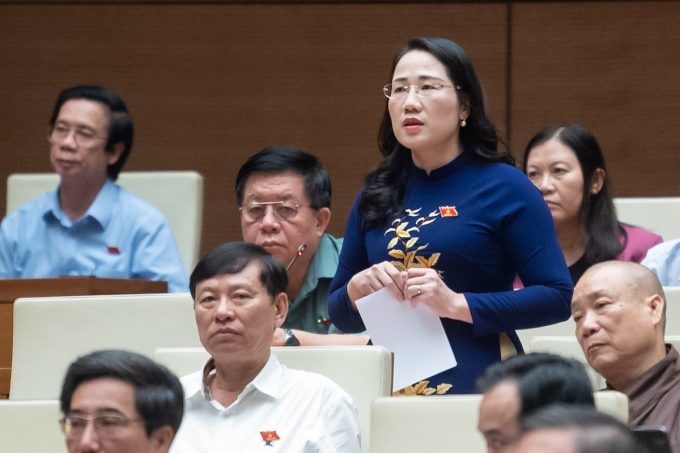
Ms. Nguyen Thi Thuy, Vice Chairwoman of the Judiciary Committee, spoke at the socio-economic discussion session on the morning of November 1. Photo: National Assembly Media
Ms. Thuy also pointed out the current situation of the "booming" development of this type of housing. For example, in Ho Chi Minh City, there are currently more than 42,200 mini-apartment-style rental houses. Most of them are built on small plots of land, in narrow alleys, posing a high risk of fire safety, and when a fire breaks out, it is very difficult to put out.
Most of these types are "many zeros", meaning no management board, no operating regulations, no emergency exits, and no fire prevention and fighting standards... Many mini apartments are built without permits or are not safe.
"The common mistake is exceeding the level. The situation of penalizing for existence and enforcing on documents has been going on for a long time," she acknowledged.
The Deputy Chairman of the Judicial Committee added that the emergence of mini apartments meets the housing needs of the people, with each apartment costing around 700-800 million VND. With limited financial capacity, workers do not dare to dream of having a quality apartment, and mini apartments are the right choice.
However, after the previous karaoke bar fires in Hanoi , local authorities have required strict management of establishments that do not ensure fire prevention and fighting, even forcing them to stop operating. However, with mini apartments, the Deputy Chairman of the Judicial Committee said that it cannot be handled like that, because these are the places where hundreds of thousands of people eat and live.
"People's housing needs must be guaranteed, but violations of the law must definitely not be legalized," said Ms. Nguyen Thi Thuy.
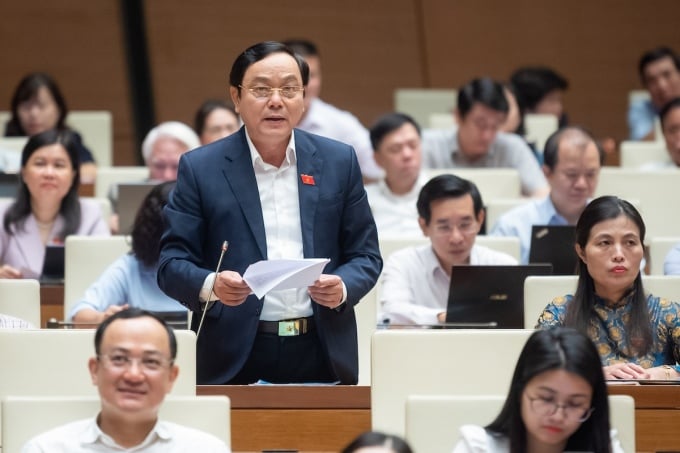
Mr. Hoang Duc Thang, Deputy Head of the Quang Tri Provincial Delegation, spoke at the socio-economic discussion session on the morning of November 1. Photo: National Assembly Media
Also mentioning the mini apartment fire in Thanh Xuan district (Hanoi) in September, Mr. Hoang Duc Thang, Deputy Head of the delegation of Quang Tri province, said this was the "last straw" of the long-standing accumulation in the development of this type of housing. He said that tightening management and developing mini apartments is necessary, but this type of housing is a lifesaver for low-income people and poor students in urban areas.
"It is necessary to solve this problem with appropriate technical measures and close the loopholes in management. But tightening it too much will push poor workers and students out onto the streets when they cannot afford to live in expensive apartments," he said.
Disagreeing with Mr. Thang, Ms. Leo Thi Lich, Standing Member of the National Assembly's Ethnic Council, raised a sign to debate. According to her, creating conditions for people, especially low-income workers, to have housing is necessary, but that does not mean loosening State management. "The issuance of wrong construction permits must be strictly handled," Ms. Lich stated.
The owner of the mini apartment building that caught fire in Thanh Xuan, Hanoi, was licensed for 6 floors but built 9 floors illegally. This person has 8 mini apartment buildings that have existed for 10 years. According to Ms. Lich, building a house without a license and not ensuring fire prevention and fighting conditions like that for sale or rent is very dangerous to the lives of users.
"There is laxity in State management here, violations are known but not handled, so this issue needs to be strictly addressed," Ms. Lich suggested, adding that in addition to tightening management of mini apartment development, it is also necessary to amend and supplement regulations on fire prevention and fighting for individual houses.
In fact, the "mini apartment" model is flourishing in big cities like Hanoi and Ho Chi Minh City, but it has not been officially mentioned in legal documents on housing and real estate business. The current Housing Law also does not have a definition of mini apartments, only mentioning individual houses, apartment buildings, and social housing. Therefore, the management of mini apartments currently still has a legal gap.
In the draft Law on Housing (amended) being consulted for approval at this session, a plan is proposed to "tighten" the development of mini apartments.
The draft law also opens up a mechanism for developing social housing, aiming to increase supply, meeting the demand for the middle-class housing segment of workers and low-income earners . In this aspect, Mr. Hoang Duc Thang said that although many policies for developing social housing have been introduced, few businesses are currently interested in investing in this segment. Even the 120,000 billion VND credit package for social housing loans has only disbursed 83 billion VND.
According to him, the existence of "mountains of procedures, forests of administrative regulations" and other legal risks are the reasons leading to the situation where people who need housing do not have it, people who can afford to buy it are indifferent, thousands of apartments are unsold but there is a lack of affordable housing for workers. "We need to consider social housing investment enterprises as special subjects to remove obstacles so that the goal of developing this type of housing becomes a reality," said the Deputy Head of the Quang Tri Provincial Delegation.
Regarding whether the General Confederation of Labor should be the governing body for investing in social housing construction projects for rent, the Deputy Head of the Quang Tri Provincial Delegation proposed repositioning the legal status of the trade union organization in the mission of caring for social housing.
"Is it necessary to design a mechanism for the union to participate in the legal capacity of a socio-political organization with the function of monitoring and appropriate social criticism, or is it necessary to separate it and become the investor in order to fulfill its mission well? This is something the National Assembly needs to be careful and consider when amending the Housing Law this time," he concluded.
Source link


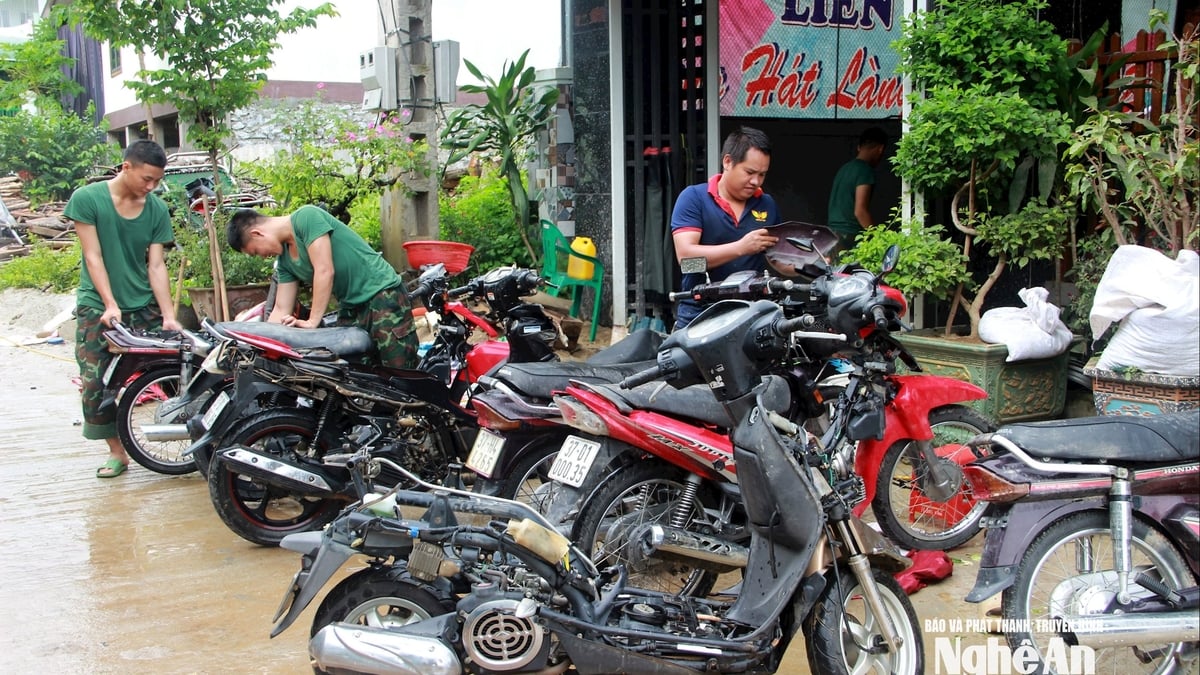
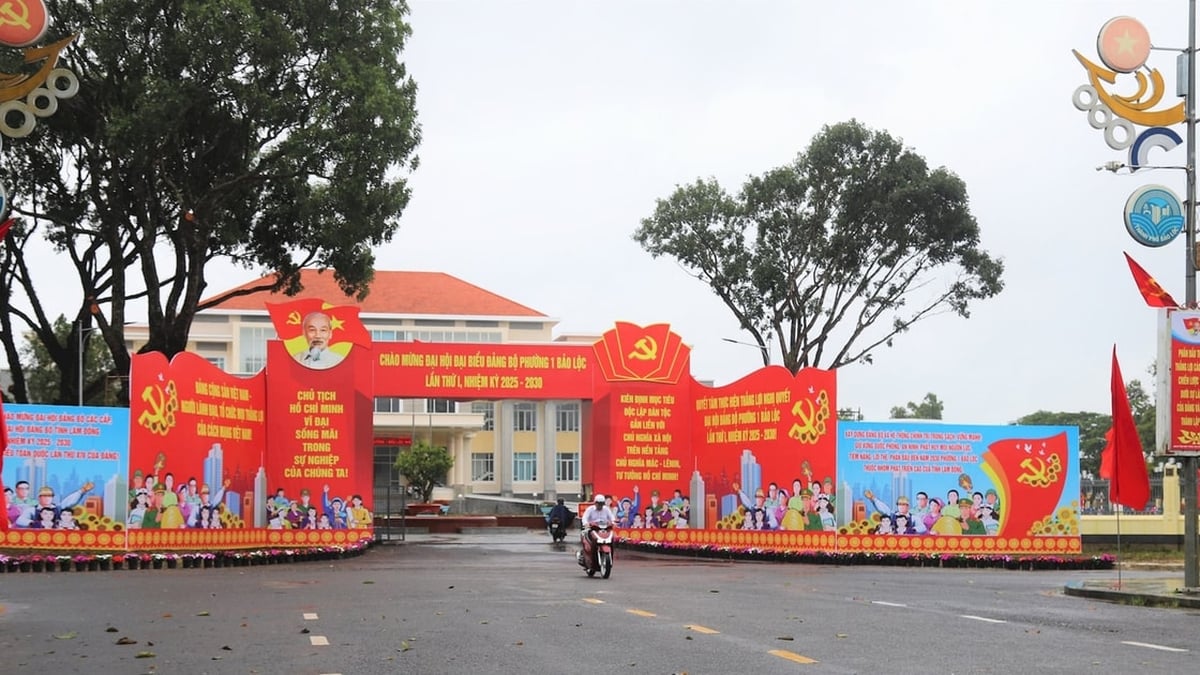


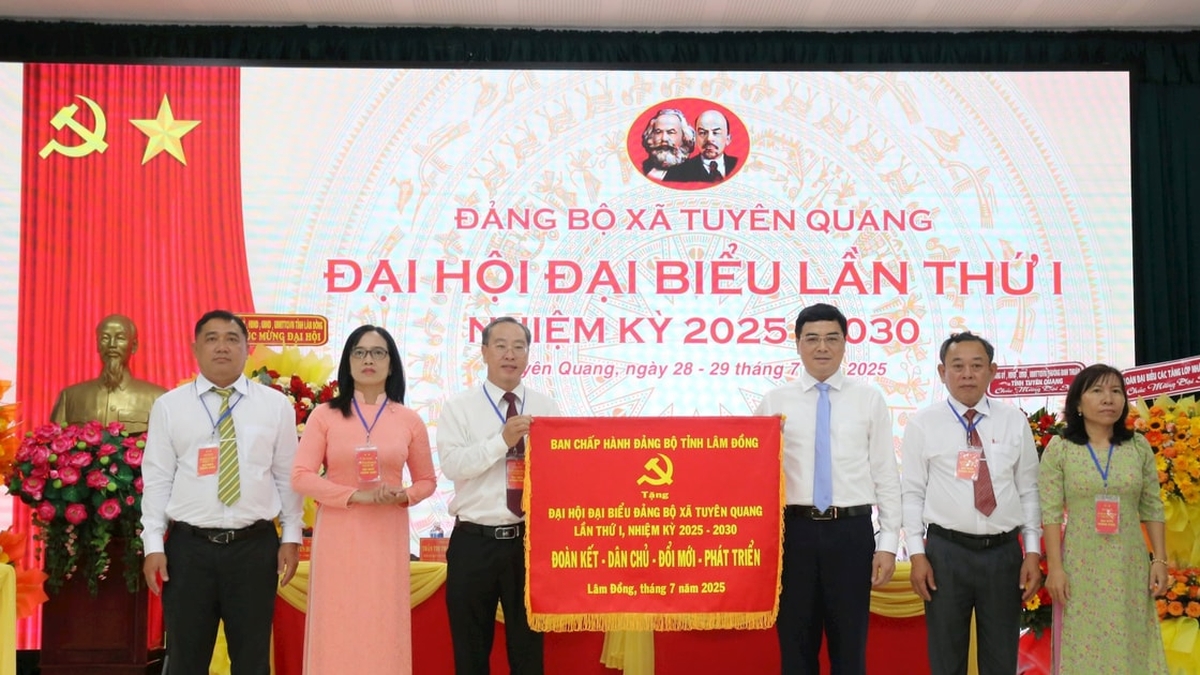
























![[Photo] National Assembly Chairman attends the seminar "Building and operating an international financial center and recommendations for Vietnam"](https://vphoto.vietnam.vn/thumb/1200x675/vietnam/resource/IMAGE/2025/7/28/76393436936e457db31ec84433289f72)





























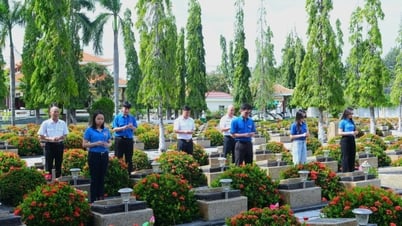


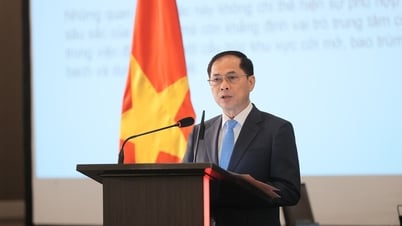




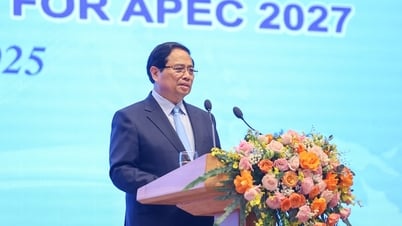





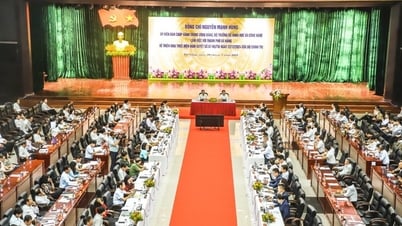
























Comment (0)